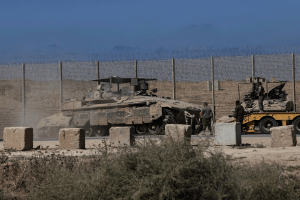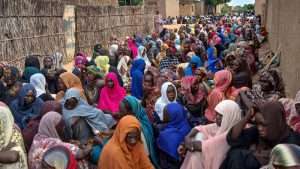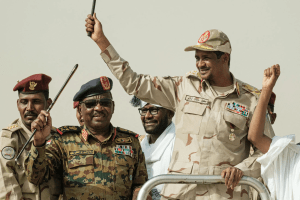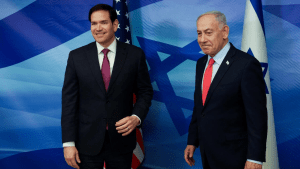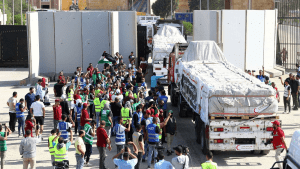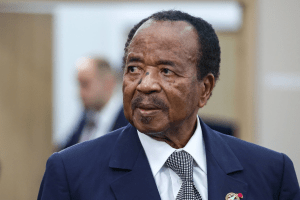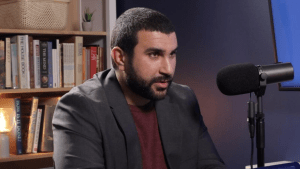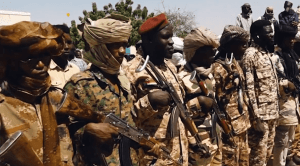US airstrikes on Houthi rebels undermine Yemen peace efforts
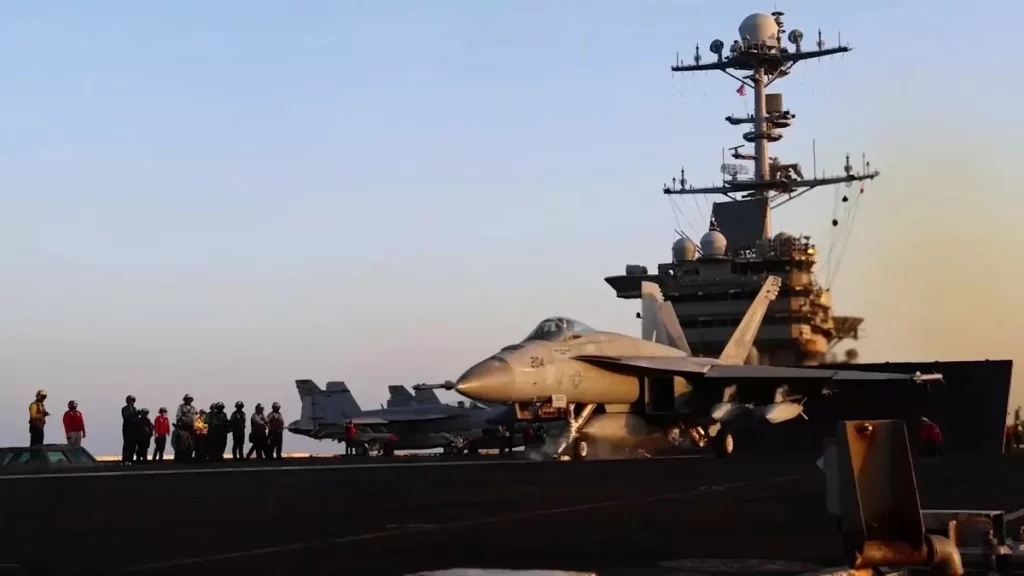
US airstrikes against Yemen’s Houthi rebels have further complicated efforts to reach a political agreement to end more than a decade of civil war, officials and experts told The National on March 31st.
The UN has been pushing for a political solution for years to end the conflict, which has claimed over 230,000 lives and created one of the world’s worst humanitarian crises.
US airstrikes began in mid-March, adding another layer of complexity to peace efforts, along with the designation of the Iran-backed Houthi rebels as a terrorist group by the administration of President Donald Trump.
“Military action alone cannot compel the Houthis to engage in negotiations. Achieving sustainable peace in Yemen necessitates a holistic strategy that extends beyond military force or sanctions,” said Afrah Nasser, a non-resident fellow at the Arab Centre Washington, DC.
“Initiating meaningful peace talks requires laying a foundation that goes beyond punitive measures, focusing instead on a comprehensive approach,” she added.
After the outbreak of the Gaza war in October 2023, the Houthis began attacking commercial shipping in the Red Sea, disrupting a key trade route between Europe and Asia.
They claimed these attacks were acts of solidarity with Palestinians, targeting vessels linked to Israel and its main ally, the US.
Despite the deployment of US and EU naval forces to the area, Houthi attacks continued until a ceasefire between Israel and Hamas took effect on January 19th.
However, the rebels later threatened to resume strikes in response to Israel’s blockade of humanitarian aid to Gaza.
This prompted the US to launch near-daily airstrikes against the Houthi rebels positions.
An escalation of attacks in the Red Sea is likely imminent despite the ongoing US bombing campaign, adding another “layer of complexity to any discussions to reach a viable peace plan” in Yemen, said Baraa Shiban, associate fellow at the Royal United Services Institute.
“The previous format of the peace process is no longer viable. None of the Yemeni groups want to discuss the future with the Houthis while they are being targeted and labeled as a foreign terrorist organisation,” Shiban added.
He noted that the Houthi rebels have little trust in the UN, viewing Western states as a unified bloc.
“As long as the US continues its strikes, they see the West as a whole being responsible for this kind of aggression.”
Despite the challenges, Shiban emphasised the importance of maintaining diplomatic channels.
The UN and other mediators must keep some “ties and backroom doors open until the situation changes in the future,” he said.
Hans Grundberg, the UN envoy to Yemen, did not respond to The National’s request for comment.
Momentum for a peace process in Yemen grew after Saudi Arabia and Iran agreed to restore diplomatic ties in a 2023 deal brokered by China.
Later that year, a Houthi delegation was invited to Riyadh for ceasefire talks.
However, these efforts faltered following the outbreak of war in Gaza on October 7, 2023.
“The peace process has been frozen since then, and it’s difficult to resume under the current circumstances unless the Houthis change course and stop operations in maritime lanes,” said Marwan Ali Noman, former Yemeni deputy permanent representative to the UN.
However, he argued that “sanctions and strikes are effective tools to deter the Houthis and encourage others to designate this militia as a terrorist organisation.”
At the same time, he cautioned that any punitive measures must be carefully implemented to avoid worsening Yemen’s already dire humanitarian crisis.
A member of Yemen’s internationally recognised government told The National that global support is essential for regaining control over the Red Sea.
Without it, the official warned, efforts to push for peace would be futile.
“We must have full control of the Red Sea and the Gulf of Aden; otherwise, negotiations will be pointless. We need leverage to pressure the Houthi militias,” the official said.
“For sustainable solutions, the government must be empowered to reclaim full control of its territory, prioritising development and long-term stability,” they added.
The official also emphasised the need to counter Iranian influence in Yemen, warning that any delay in addressing Tehran’s role could have global repercussions.
Sanam Vakil, Middle East Programme Director at Chatham House in London, stressed the need for a multifaceted approach beyond military intervention.
”Supporting the internationally recognised government is needed in the short run.” Ms Vakil said.
While supporting Yemen’s internationally recognised government is necessary in the short term, Vakil highlighted the importance of broader measures such as “economic development, security sector reform, and enhanced maritime security to complement political efforts.”
However, Thomas Juneau, a Middle East analyst and professor at the University of Ottawa in Canada, expressed skepticism about the prospects for a viable peace process in Yemen, noting that challenges existed even before the Gaza war and U.S. airstrikes against the Houthis.
“Renewed strikes, in theory, serve to pressure the Houthis into negotiations,” he said.
Moreover, that is unlikely to happen in the “absence of a broader diplomatic strategy from the US.”
The National. Maghrebi
Want to chase the pulse of North Africa?
Subscribe to receive our FREE weekly PDF magazine





